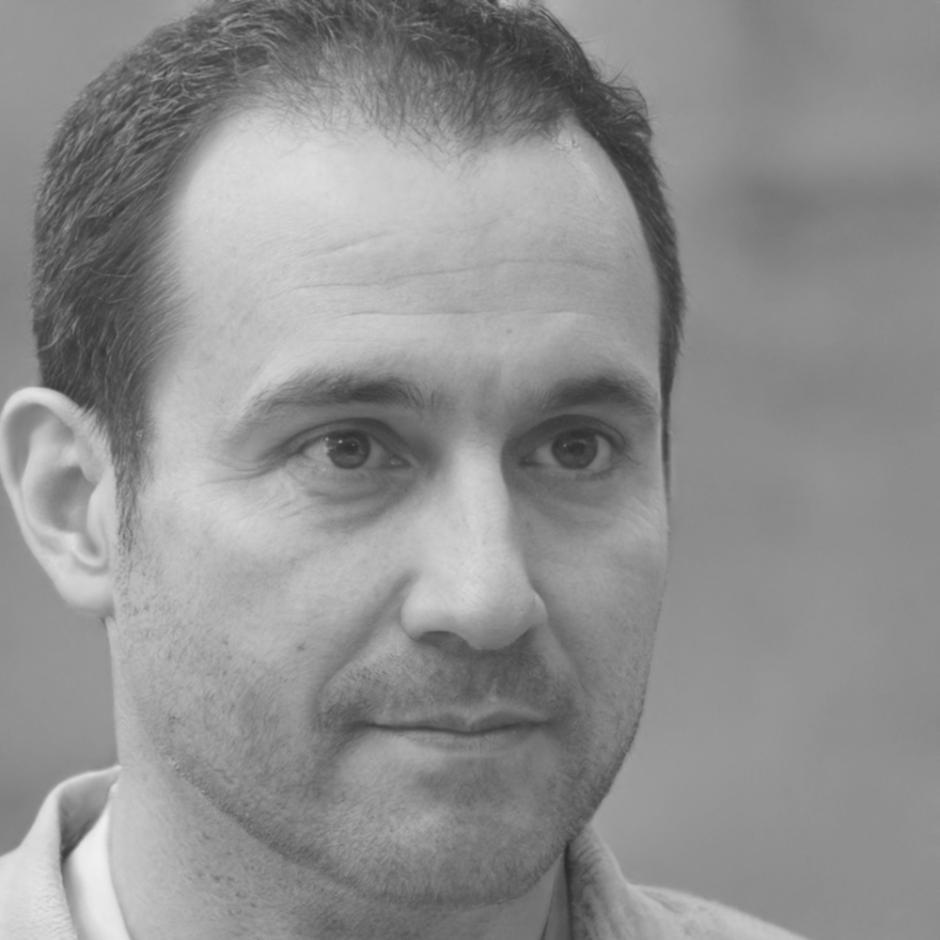Why Experience Matters More
Than Portfolio Size
We've worked on enough
projects to recognize patterns. That weird bug that crashes the
game on older Android devices? We've seen it before. The level
progression that seems perfect in testing but frustrates real
players? We know how to spot and fix that too.
Our strength isn't having
hundreds of games in our portfolio. It's knowing what separates
games people play once from games people recommend to friends. That
knowledge comes from paying attention to player feedback across
dozens of projects.
Start a Conversation






